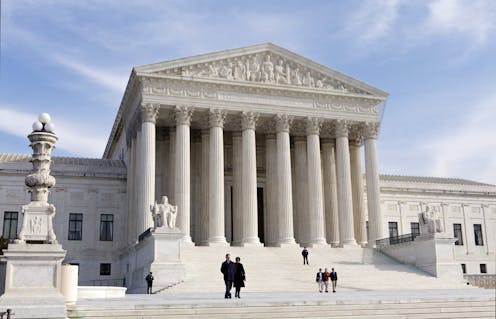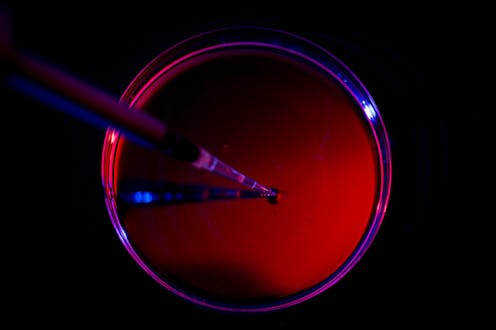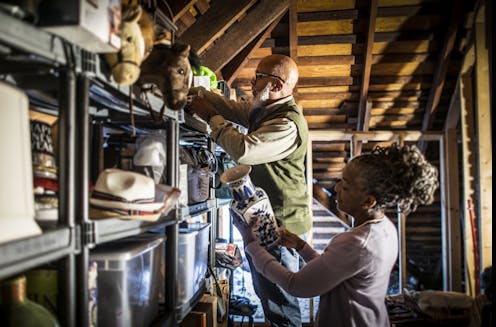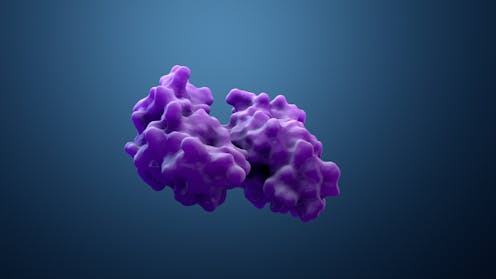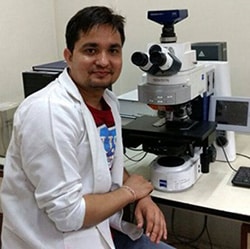US law tries to strike a balance between free speech and protecting people from harm. When it comes to child pornography, AI makes that task all the more difficult.
Author: bioelectric
Mirror life is a scientific fantasy leading to a dangerous reality − a synthetic biologist explains how mirror bacteria could conquer life on Earth Science + Tech – The Conversation
Synthetic cells that look just like natural cells but are chemically reversed could outcompete other living organisms − with dire consequences for human health and the environment.
Decluttering can be stressful − a clinical psychologist explains how personal values can make it easier Health – The Conversation
Assessing how well items align with your core beliefs may make it easier to let them go.
Teenagers turning to AI companions are redefining love as easy, unconditional and always there Science + Tech – The Conversation
Young people have led makeovers of the concept of love before. But relationships with AI chatbots leave out the compromises and effort of real relationships.
Address science misinformation not by repeating the facts, but by building conversation and community Science + Tech – The Conversation
For science to have a meaningful impact on a group of people, new information needs to spread between trusted members of that community.
How much does scientific progress cost? Without government dollars for research infrastructure, breakthroughs become improbable Science + Tech – The Conversation
It costs money to maintain the various facilities, utilities and personnel that allow scientists to conduct research in the first place. Without federal support, institutions are left scrambling.
Enzymes are the engines of life − machine learning tools could help scientists design new ones to tackle disease and climate change Science + Tech – The Conversation
Enzymes significantly speed up the chemical reactions that keep you alive. Researchers are using AI to create new ones to tackle modern challenges.
Making Biliary Tract Cancer Treatment More Precise American Association for Cancer Research (AACR)
Researchers are examining ways to make treatments more targeted to each type of biliary tract cancer or to each patient.
The post Making Biliary Tract Cancer Treatment More Precise appeared first on American Association for Cancer Research (AACR).
How Does the AACR GSITA Program Benefit Young Cancer Researchers? American Association for Cancer Research (AACR)
Four past recipients of the Global Scholar-in-Training Award (GSITA) share how their experience at the AACR Annual Meeting impacted their careers.
The post How Does the AACR GSITA Program Benefit Young Cancer Researchers? appeared first on American Association for Cancer Research (AACR).
Nutrition advice is rife with misinformation − a medical education specialist explains how to tell valid health information from pseudoscience Health – The Conversation
It’s easy to get caught up in the promise of quick health fixes, but they are generally too good to be true.
